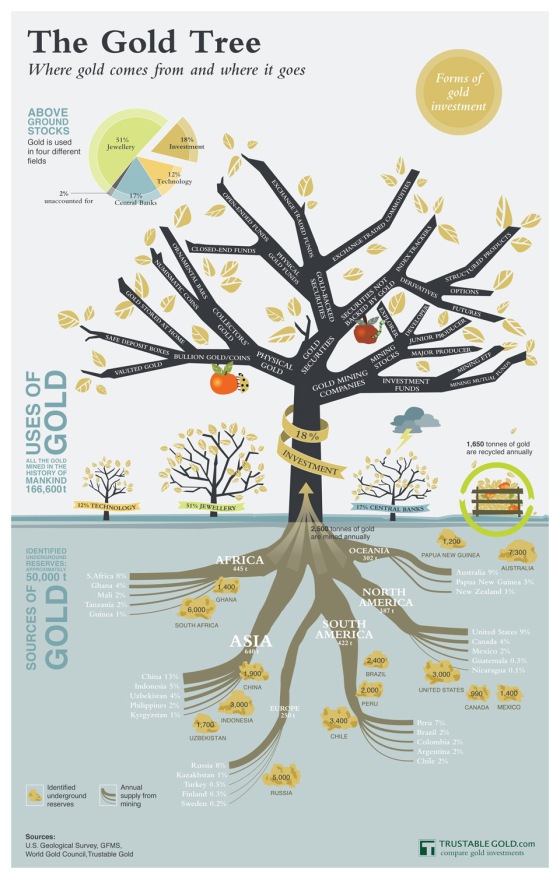Corporate support functions like IT, HR, Finance, Administration have generally looked to carry out their respective functions in an efficient and organised manner trying to ensure that the line management is able to function effectively and that they are able to achieve the objectives set for the organisation – short term & long term. The support function role is generally more transactional than strategic. In other words
“They fulfill day-to-day needs, meet legal and regulatory requirements, accommodate requests from business units, and put out the inevitable fires that erupted when there was a conflict or urgency. When functional leaders were asked to make improvements, it meant doing the same things more efficiently and at a greater cost savings.”
Can functional leaders act strategically too? Is it required?






